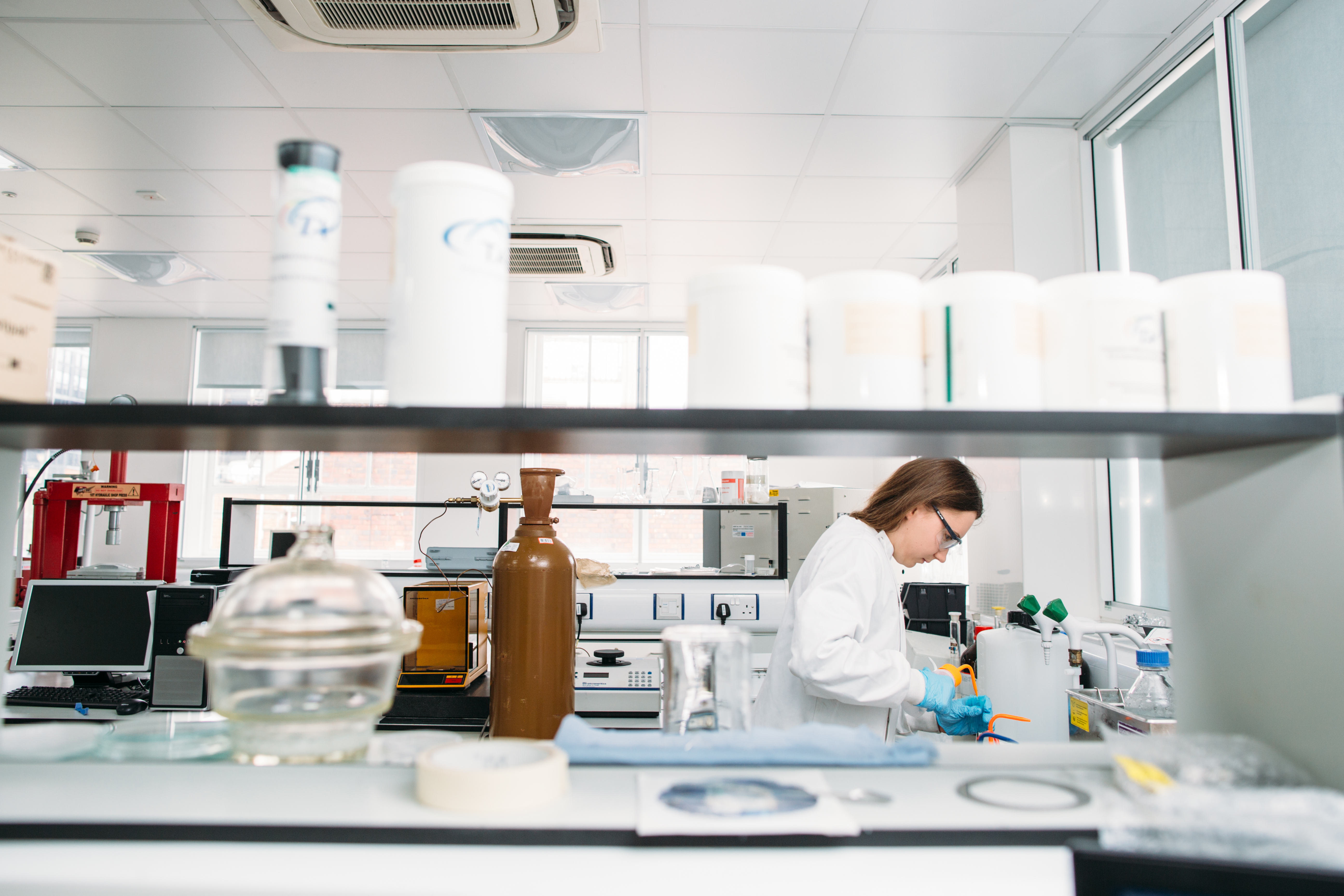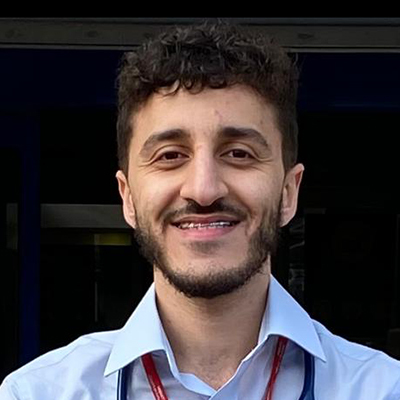Dr Anam Asad received a BBA/Scar Free Foundation Elective to undertake the project, Investigating hypothermia as a prognostic factor in survivability of individuals suffering from large acute burns: a retrospective review, at Wythenshawe Hospital, Manchester.
The project was supervised by Mr Adam Reid.
Research Summary
"Burn injuries are common and are often fatal. Hypothermia commonly occurs in burn victims and studies show this can further increase the risk of death. The aim of our study was to identify any links between hypothermia and risk of death in patients presenting to our regional burns centre with severe burns. We reviewed a large database that included information from all patients who had been admitted to the Burns Centre from January 2015 to December 2020. A total of 317 patients were eligible for the review and we subsequently extracted and analysed the relevant data from these patients. The patients were divided into 3 groups based on their admission temperature: normothermic (>36.0 oC), mildly hypothermic (34.5-35.9 oC) and severely hypothermic (<34.5oC). We found that 67% of those who were severely hypothermic died which was significantly higher than the 15% of those who died in the mildly hypothermic group and the 3% who died in the normothermic group. Our results, therefore, show that burn victims with a lower temperature are at a greater risk of dying compared to those with a normal temperature. Strategies should be developed to try and prevent hypothermia in these individuals hence also reducing the risk of death".




